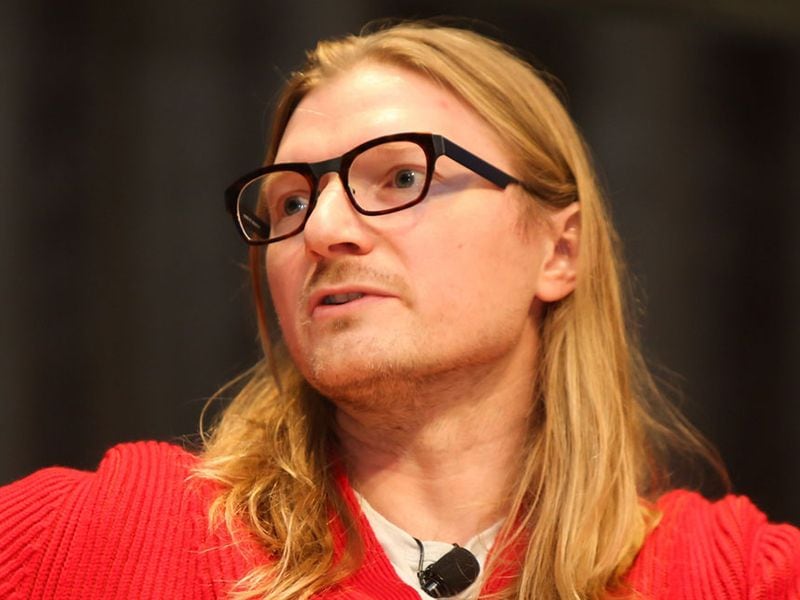Kraken, the 6th-largest crypto exchange in the world, said Thursday that it is launching its own layer-2 network atop the Ethereum blockchain, based on technology borrowed from Optimism – the same provider that powers rival Coinbase’s layer-2 network, Base.
The disclosure comes nearly a year after CoinDesk broke the news that Kraken was considering its own layer-2 network, following the runaway success enjoyed by Base after it launched in mid-2023.
Ink, as Kraken’s new network is known, is built on the OP stack, a customizable toolkit that lets developers create their own blockchains using Optimism’s technology. The network is expected to go live in early 2025.
Optimism has seen significant success recently with major crypto firms and even non-crypto-firms opting to use its blockchain as a blueprint for their own networks. In addition to Coinbase, which is the largest U.S. based crypto exchange, electronics giant Sony and decentralized exchange Uniswap have shared plans to spin up layer-2 networks based off the OP Stack. (Coinbase’s Base launched in August 2023.)
Creating one’s own layer-2 is hardly new at this point. Other layer-2 networks like Polygon, zkSync, Starknet and Arbitrum have all come out with their own stacks, hoping to convince firms to opt into its technology.
But Kraken’s choice might help cement OP Stack as the undisputed leader among technology providers for new Ethereum layer-2 networks.
Rival Arbitrum is the biggest layer-2 project, with total collateral value locked (TVL) of about $13.6 billion, according to the website L2Beat. That’s far ahead of Optimism’s flagship network, at $6.1 billion.
But in terms of the family of layer-2 projects using Optimism’s technology, there’s at least 43 rollups, with a TVL of $18.1 billion. Collectively, they are branded by Optimism project leaders under the term “Superchain.”
According to L2Beat, there’s 29 projects using Arbitrum tech, with a combined $14 billion.
“An L2 is only as good as the value it brings to users, and that value is created by a thriving ecosystem of developers,” said Andrew Koller, the founder of Ink, in a press release shared with CoinDesk. “As part of the Superchain, Ink is laying the groundwork for an interoperable and pluralistic on-chain ecosystem that will attract developers and make Ink the ideal platform for the next generation of DeFi applications and protocols.”

